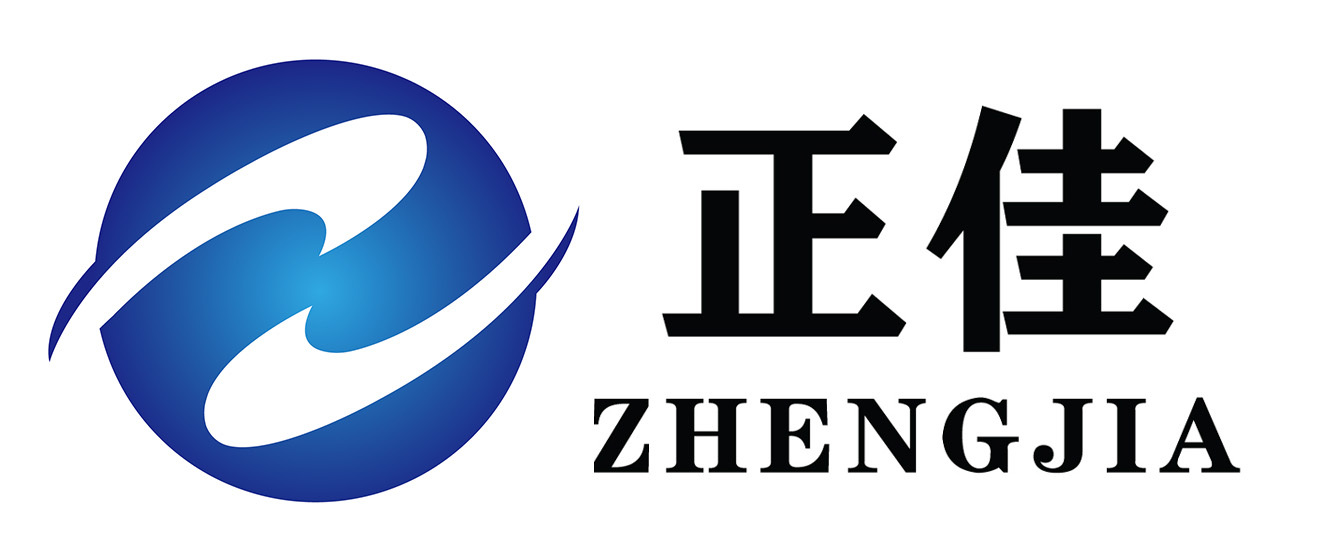Disposable Baby Diapers vs. Cloth Diapers: Which Is Right for Your Family?
2025-04-01
Disposable Baby Diapers vs. Cloth Diapers: Which Is Right for Your Family? When it comes to choosing the best diapering option for your baby, parents are often presented with two primary choices: **disposable baby diapers** and **cloth diapers**. Each option comes with its own set of advantages and disadvantages, and selecting the right one can significantly impact your family's lifestyle. In this
Disposable Baby Diapers vs. Cloth Diapers: Which Is Right for Your Family?
When it comes to choosing the best diapering option for your baby, parents are often presented with two primary choices: **disposable baby diapers** and **cloth diapers**. Each option comes with its own set of advantages and disadvantages, and selecting the right one can significantly impact your family's lifestyle. In this detailed guide, we will explore the various aspects of both types of diapers, ultimately helping you make the best decision suited to your family's needs.
Table of Contents
- 1. Introduction to Diaper Choices
- 2. Understanding Disposable Baby Diapers
- 3. Exploring Cloth Diapers
- 4. Comparing Disposable and Cloth Diapers
- 5. How to Choose the Right Diaper Option for Your Family
- 6. Frequently Asked Questions
- 7. Conclusion
1. Introduction to Diaper Choices
The choice between **disposable** and **cloth diapers** is often a hot topic among new parents. With a multitude of brands and options available, it can be overwhelming to make the right decision. Factors such as **cost**, **convenience**, **environmental concerns**, and **baby's comfort** all come into play. In the subsequent sections, we will break down each option, highlighting their benefits and drawbacks, thus ensuring that you are well-informed before making your final decision.
2. Understanding Disposable Baby Diapers
Disposable baby diapers are a popular choice for many parents due to their **convenience** and ease of use. These diapers are designed for single-use, meaning that once they are soiled, they are thrown away rather than washed and reused.
2.1 Advantages of Disposable Baby Diapers
1. **Convenience**: Disposable diapers are incredibly easy to use. Just put one on your baby and toss it in the trash when it’s dirty. This can be especially beneficial during outings or travel.
2. **Absorption**: Many disposable diapers feature advanced moisture-wicking technology that keeps your baby dry for extended periods. This can help reduce diaper rash and keep your baby comfortable.
3. **Less Laundry**: With disposable diapers, you eliminate the need for frequent laundry, saving time and effort in your busy parenting schedule.
4. **Availability**: Disposable diapers are widely available in various sizes and styles, making it easy to find the right fit for your child.
2.2 Disadvantages of Disposable Baby Diapers
1. **Cost**: Over time, the cost of using disposable diapers can add up. Families often spend a substantial amount on diapers throughout their baby's diapering years.
2. **Environmental Impact**: Disposable diapers contribute significantly to landfill waste. They are made from non-biodegradable materials, which can take hundreds of years to decompose.
3. **Chemical Exposure**: Some disposable diapers contain chemicals and fragrances that may irritate a baby's sensitive skin or cause allergic reactions.
3. Exploring Cloth Diapers
Cloth diapers are designed to be reusable and washable, making them an eco-friendlier alternative to disposables. They come in various styles, including pre-folds, pocket diapers, and all-in-ones.
3.1 Advantages of Cloth Diapers
1. **Cost-Effectiveness**: Although the initial investment in cloth diapers may seem high, they can save families money in the long run, as they can be reused for subsequent children.
2. **Environmental Benefits**: Cloth diapers significantly reduce landfill waste, making them a more sustainable choice. They can be washed and reused multiple times, lowering your carbon footprint.
3. **Skin-Friendly**: Cloth diapers are typically made from natural materials, reducing the risk of rashes and skin irritations associated with the chemicals found in some disposables.
4. **Variety and Style**: Cloth diapers come in numerous colors, patterns, and styles, allowing parents to express their baby's personality.
3.2 Disadvantages of Cloth Diapers
1. **Increased Laundry**: Using cloth diapers means more frequent washing, which requires time, effort, and access to a washing machine.
2. **Initial Cost**: While reusable, the upfront cost of cloth diapers can be significantly higher than that of disposables, which may be a consideration for budget-conscious families.
3. **Leakage Issues**: If not fitted properly or if the right absorbency isn’t chosen, cloth diapers may be prone to leaks, particularly overnight.
4. Comparing Disposable and Cloth Diapers
To help parents weigh their options, let’s delve deeper into the comparison between disposable and cloth diapers regarding cost, environmental concerns, and health implications.
4.1 Cost Comparison
When considering the cost of diapering, disposable diapers can add up quickly. On average, a baby may go through **2,500 to 3,000 diapers** in their first year alone, resulting in a total cost ranging from **$500 to $1,500**, depending on the brand and type.
In contrast, cloth diapers, while pricier initially (often **$300 to $1,000** for a full set), can be reused for multiple children. This makes them a more economical choice over time if you plan to have more than one child.
4.2 Environmental Impact
Disposable diapers can take **up to 500 years** to decompose in landfills. This environmental concern has led many parents to seek alternatives that are sustainable. Cloth diapers, made from natural fibers, can be washed and reused, significantly reducing waste.
Parents can also consider hybrid options, which combine the benefits of both disposables and cloth, helping to minimize environmental impact while maintaining convenience.
4.3 Health Considerations
When it comes to health, some parents worry about the chemicals used in disposable diapers, which may lead to skin irritations. Cloth diapers, especially those made from organic materials, can be gentler on a baby's skin. Many parents who choose cloth also report fewer instances of diaper rash.
However, it is crucial to ensure that cloth diapers are washed thoroughly and dried properly to prevent bacterial growth and odor issues.
5. How to Choose the Right Diaper Option for Your Family
Choosing between disposable and cloth diapers is a personal decision that should reflect your family’s values, lifestyle, and budget. Here are some factors to consider:
1. **Lifestyle**: If you are often on the go or travel frequently, disposable diapers might be more convenient. On the other hand, cloth diapers work well for families with more predictable routines.
2. **Budget**: Assess your financial situation and consider whether you prefer the lower long-term costs of cloth diapers or the immediate convenience of disposables.
3. **Environmental Concerns**: If sustainability is a priority for your family, cloth diapers may align more closely with your values.
4. **Baby's Comfort**: Every baby is different; some may fare better in cloth while others do well in disposables. Consider trying both options to see which your baby prefers.
5. **Family Size**: For families planning multiple children, investing in cloth diapers may result in significant savings over time.
6. Frequently Asked Questions
**Q1: Can I use cloth diapers during the night?**
Yes, many parents successfully use cloth diapers overnight by opting for higher absorbency options or adding extra inserts for added protection.
**Q2: How often do I need to change my baby’s diaper?**
Typically, newborns need to be changed every 2 to 3 hours, while older infants may require changes every 4 to 6 hours, regardless of the type of diaper used.
**Q3: Are cloth diapers difficult to clean?**
While cloth diapers do require washing, modern washing machines make the process much easier. Most parents find the routine becomes manageable with practice.
**Q4: What if my baby has sensitive skin?**
If your baby has sensitive skin, consider using cloth diapers made from organic materials or hypoallergenic disposable options to minimize irritants.
**Q5: Can I use both types of diapers?**
Absolutely! Many parents choose a hybrid approach, using cloth diapers at home and disposable ones when traveling or for specific occasions.
7. Conclusion
Ultimately, the choice between disposable baby diapers and cloth diapers comes down to your family's unique needs and preferences. Each option has its merits, and understanding these can empower you to make the best choice for your little one. Whether you prioritize convenience, cost, environmental concerns, or skin health, both diapering methods can provide comfort and care for your baby. Explore your options, weigh the pros and cons, and choose the diapering solution that fits seamlessly into your family life.








